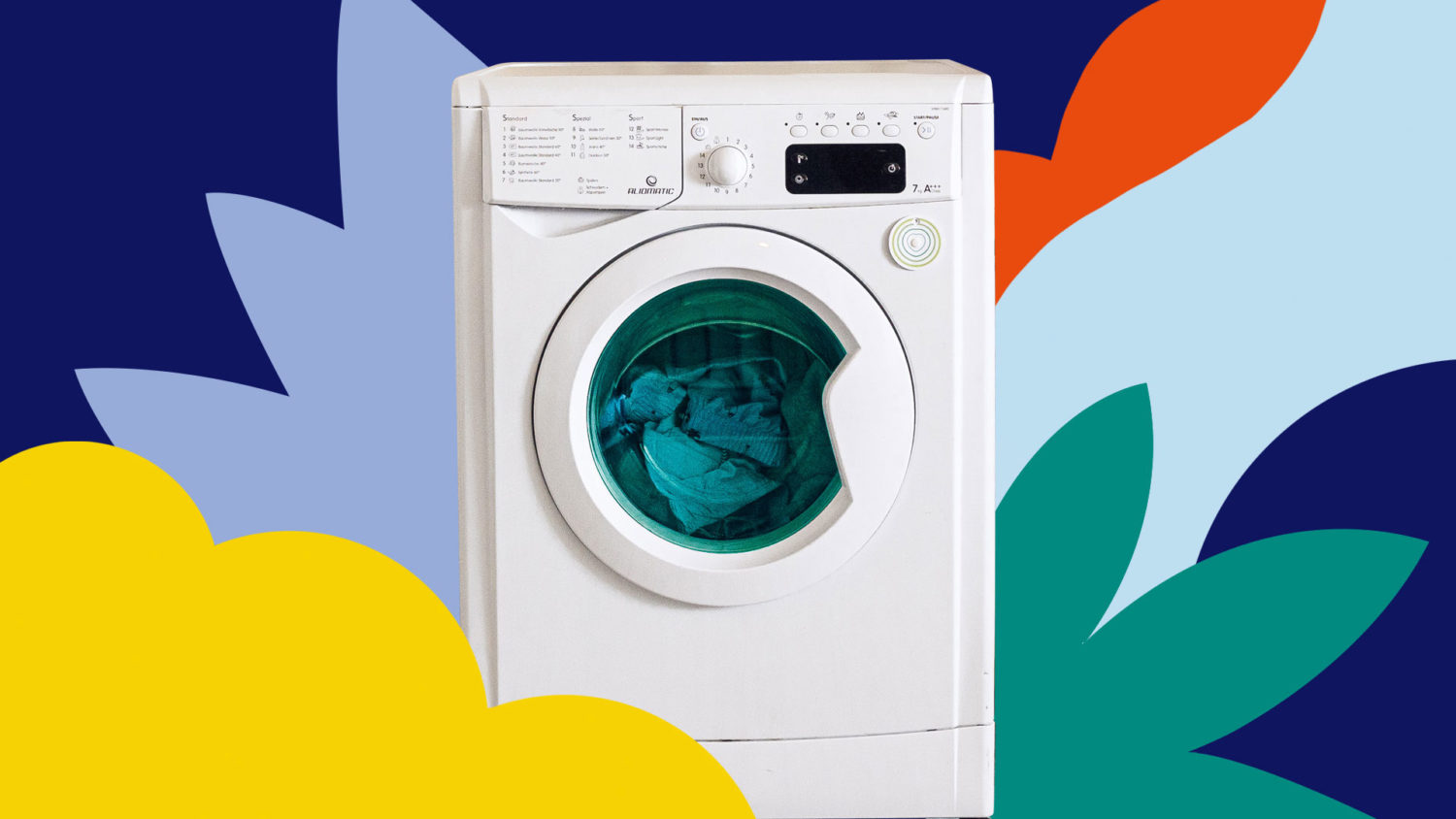Greenwashing – how to avoid the pitfalls
Greenwashing: False, misleading, or abusive claims about a company’s sustainability efforts that reflect a disproportionate engagement compared to the genuine efforts taken.
Greenwashing practices have flooded our markets and are to blame for the crisis of confidence among all modern-day market players. Consumers, companies, civil society, and public organisations, must learn what and whom to trust in modern-day consumerism. It’s time to restore trust and awaken this practice to circumvent it better.

Arctik takes you through 5 simple steps to detect greenwashers and, most notably, avoid looking like one or, worse, becoming one!
1. Be precise – quite the use of vague terms
Stand-alone terms such as green, eco, natural, or more respectful to the environment are void of meaning when taken at face value, just like the usage of green and plant imagery in advertisements and branding campaigns. These techniques play with our preconceived notions and associations with these words.
Some claims might be valid to some extent, but don’t be fooled by misleading ones! When a water bottle label claims that it is made from recycled plastic, we can’t be sure of how much of bottle material is recycled. It could be 90%, just like it could be 3%.
2. Show, don’t tell
You’ve heard this before, no? This was tip #5 of our tips for delivering effective environmental communication[AS1] .
Don’t just say you are going green; show what you mean by this. Document actions on your website, in a section dedicated to demonstrating your efforts, your progression, and their impacts. Give details and be transparent.
The way is long! Show what you’ve achieved and how you will get there. Greenwashers typically hide information. A lack of documentation could mislead people into thinking you are one of them.
3. Get your company certified
The massive abuse of greenwashing harms the environment and undermines trust. An informed, cautious, or warned consumers or client might not automatically believe what they are told.
Get your engagements and claims approved by a trustworthy third-party audit or a label. The value and trust granted to information depend on whose mouth it comes from.
Arctik counts among his clients several trustworthy labels, which act as information tools to guide actors towards sustainable procurement. Among them, the well-known EU Ecolabel, the European Management Audit Scheme (EMAS) label, or the Belgian entreprise ecodynamique (Ecodyn) label.
4. Clean up your network
While being associated with the right partner might benefit you in various ways (like, a visibility boost), it’s a double-edged sword! If the reputation of a partner you have ties with is damaged, yours will be damaged by association.
Your stakeholders might check who you work with, to gage your true intentions. Selling products free of palm oil might appear hypocritical if you are financed by a company actively contributing to deforestation. Align your partnership with your values.
5. Be consistent
While it is often more efficient to tackle a problem variable by variable, ensure you don’t ignore any parameters of your engagement. You might, and will, be held accountable for leaving some of the variables behind. This could damage your reputation and take over all other efforts taken.
All efforts are reasonable to a degree, but getting your products with plastic-free packaging might be derisory compared to the high consumption caused by transporting its components from the other side of the world.
Look at your impact holistically. While minor contributors to it might be easier to tackle, the most significant changes will make the difference.
The take away:
Although claims about your environmental engagement are, in the first place, intended to make your brand stand out, poor or inappropriate communication will cause you more harm than good!
As you put these tips into practice, you might realise that your company could be more sustainable. Please take it as an opportunity to go greener!
If you still lack incentives to live up to your engagement, beware that the consequences of greenwashing practices will eventually be more than your reputation. Bidding laws are in the pipeline to oversee and sanction such practices… Better to be ahead than have to catch up!
Today is a great day to do the polar opposite and become part of the change. Arctik is there to help you put this into practice!
Sources:
- Knowles, Jenny. “Greenwashing – A Modern-Day Minefield” MDPI, March 2022. https://blog.mdpi.com/2022/03/29/greenwashing-a-modern-day-minefield
- Edwards, Carlyann. “What Is Greenwashing?” Business News Daily, August 2022. https://www.businessnewsdaily.com/10946-greenwashing.html
- Timmins, Beth. “Climate change: Seven ways to spot businesses greenwashing” BBC News, November 2021. https://www.bbc.com/news/business-59119693
- Agence de la transition écologique ADEME. “Le guide de la communication responsable”. 2022.